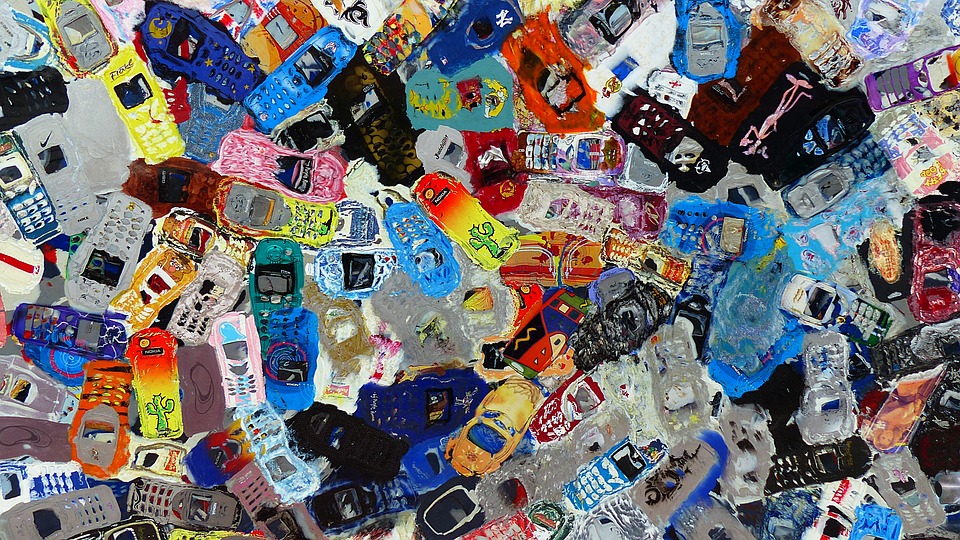By Nicole DiGiose, content editor

Due to a global shortage of key metals, South Korea is turning to urban mining. Image source: Pixabay.
It may not look like it, but old devices that are quickly tossed aside the moment a new one hits the scene contain some of the world’s most coveted metals. With this in mind, workers at a rural South Korean factory are extracting these highly valued metals, which are used in the batteries that power electric cars.
But they’re not digging through the ground or in a refining ore. Instead, they’re working through piles of lithium-ion batteries from old devices. Due to China’s aggressive hunt for overseas cobalt and lithium for electric vehicles hiking up prices and causing a global shortage of key metals, South Korea is reportedly turning to such “urban mining” to recover cobalt, lithium, and other scarce metals from electronic waste.
Instead of throwing used electronic devices out or letting them waste away, the concept behind urban mining is to recycle such materials and to allow for the extraction of useful metals. In 2016, the most recent year from which data is available, 19.6 trillion won ($18.38 billion) worth of metals were extracted from recycled materials, meeting about 22% of the country’s metal demand, according to a report by the Korea Institute of Industrial Technology .
A decade ago, South Korea’s largest battery recycler, SungEel HiTech, was at a crossroads as plasma TV panels — from which it extracted gold and silver — started to phase out. Today, it’s part of a supply chain for some of the world’s largest battery makers, including Samsung SDI and LG Chem. According to Reuters , Yi Kang-myung, SungEel HiTech’s president, said that the shortage of mined metals had led his company to boost capacity by threefold this year. He also said that major automobile companies are interested in the company’s products.
Based in the city of Gunsan, SungEel HiTech can process about 8,000 tons per year of spent lithium-ion batteries and metal scraps. From that, it can produce about 830 tons of lithium phosphate, 1,000 tons of cobalt metal equivalent, and 600 tons of nickel.
In the past three years, South Korea’s imports of key metals for lithium-ion batteries have increased, according to data from the Korea Institute of Geoscience and Mineral Resources . Last year, South Korea imported 3.5 million tons of nickel, up 2% from 2016. Cobalt imports rose 3.4% to 13,972 tons from a year ago. This alone has led to more long-term supply contracts and investments in developing mines and recycling efforts.
So how does urban mining work? At SungEel HiTech, the process is anything but complex or highly automated. After workers pull batteries from recycled devices, the units are drained of power and ground into a powder from which individual metals can be separated. Most of the products that are recycled — 60% to 70% — come from the United States and Europe, with the remainder from South Korea.
What are your thoughts on urban mining? Leave a comment below.
Advertisement
Learn more about Electronic Products Magazine





